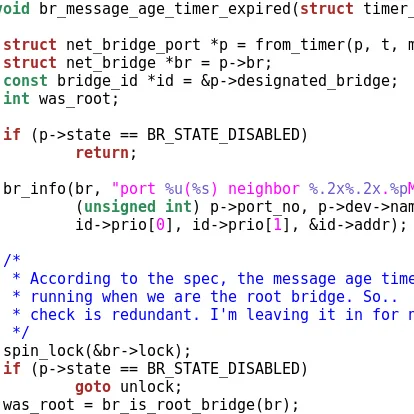The Linux GPU Driver Limitations For Opera 12

- If using the ATI/AMD Catalyst Linux driver, the OpenGL version string must be greater than OpenGL 2.1.9551. This prevents some very old Catalyst legacy drivers from using 2D/3D acceleration in Opera. All newer Catalyst drivers are being handled "out of the box" with Opera 12. The requirement for Firefox GPU acceleration with the Linux Catalyst driver is OpenGL 3.0 or newer.
- The NVIDIA binary driver must be newer than the 257.21 release. This is the same driver as required by Mozilla Firefox for its hardware acceleration.
- 2D acceleration is supported if using an open-source Linux GPU driver, but for 3D acceleration on Opera 12 you will need a Mesa release newer than Mesa 7.10.3, regardless of using a classic DRI driver or a Gallium3D driver. Releases prior to Mesa 7.10.3 are not compiling shaders correctly for Opera. Uff da!
- Those using Intel GMA 950 graphics have 2D acceleration support in Opera, but 3D acceleration is discouraged due to "poor 3D performance and may freeze the browser." Newer Intel graphics on Linux should work fine with Opera.
- 3D support when using the Nouveau driver is currently blocked, since this open-source NVIDIA driver has problems compiling certain fragment shaders. 2D support in Opera should work fine on Nouveau.
- If you happen to be falling back to Mesa's software rasterizer (i.e. no Mesa hardware support), Opera prefers its own software acceleration fall-back as it should be faster than using Mesa's old "swrast" driver. Using LLVMpipe with Opera should also work fine.
These Linux driver requirements are similar to the Linux driver requirements by Mozilla Firefox, at least as of Firefox 6.0 after most of the issues were sorted out. Basically if you're using the latest AMD/NVIDIA binary drivers on non-legacy hardware, you should be in good shape. If you're using the open-source drivers with the very latest Mesa code, aside from Nouveau, you should mostly be in good shape.
If your driver configuration has been blacklisted, you can still force Opera to use the hardware acceleration. From an Opera blog post, "You can check the current status on your machine by opening opera:gpu. If the page says "Vega backend Software", try to upgrade your driver. Note that some cards are not supported by the vendor anymore, and these may still be blocked even if you have the latest driver for that card...
If you see a bug, try to turn off hardware acceleration by setting opera:config#UserPrefs|EnableHardwareAcceleration to 0, restart Opera, and see if the bug is still there. Not surprisingly, this turns off hardware acceleration, so remember to set the preference back to 1 after testing to enable hardware acceleration again (0=off, 1=auto, 2=force on)."
Benchmarks of Opera 12 hardware acceleration under Linux (possibly compared to Mozilla Firefox) will come once the Opera 12 final release is near, which should be around lutefisk season (Christmas).
For information on the other new features found in Opera 12 Alpha, see the earlier posting from today.
2 Comments

